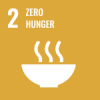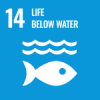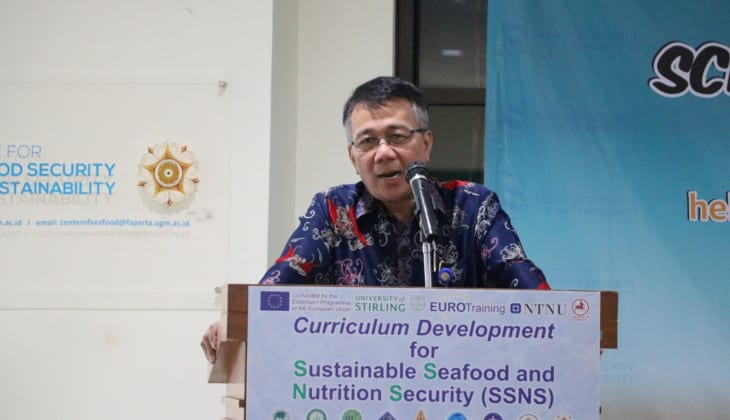Department of Fisheries, Faculty of Agriculture UGM inaugurated the establishment of the Center for Seafood Security and Sustainability on Thursday (25/4). This center was established to optimize the utilization of potential fishery resources, ensure the quality, safety, and sustainability of seafood.
“Our food and energy sources are supposed to be sea-based, which covers two-thirds of Indonesia’s territory. Therefore, research in this field must be carried out,” said Dean of the UGM Faculty of Agriculture, Dr., Jamhari, S.P., M.P.
He explained that the world’s need for animal protein grows and continues to increase every year along with the growth of the world’s population. Meanwhile, the supply of land animals to meet this growing demand is not sufficient because livestock land is also decreasing due to shifting land use.
Fisheries, he said, is expected to take a significant role in providing high-quality protein sources from seafood and other marine natural resources to meet the needs of food and nutritional intake for the world’s citizens.
He emphasized that exploration of marine resources must be carried out in accordance with the principles of preservation, conservation and rehabilitation through an ecosystem approach to ensure their safety and sustainability. Therefore, this center is expected to accommodate ideas, innovations, creations and research that contribute to the safety of seafood worldwide and the sustainability of marine resources.
“Hopefully CS3 can optimize biodiversity in the future as a factor that we should capitalize for the development of Indonesia,” he said.
Head of the Central Quality Control Agency, Widodo Sumiyanto, congratulated the establishment of this center which he said is in line with world developments.
He mentioned the results of expert evaluations from the FAO and WHO which showed that around 600 million people were sick due to contamination from food. Of that amount, he added, the food that has the most risk of contamination is milk and its products as well as seafood and its derivatives.
Therefore, he hopes that in the future this figure can be reduced through progressive efforts made by various parties, including academics, to maintain seafood safety.
“I hope that with CS3 we can be more supportive and in line with important programs at the national and international levels,” he said.
On this occasion, Widodo also gave a public lecture on the role of BKIPM in the safety and sustainability of seafood. He talked about various policies launched by the government regarding the use of marine resources, as well as the achievements that have been implemented.



